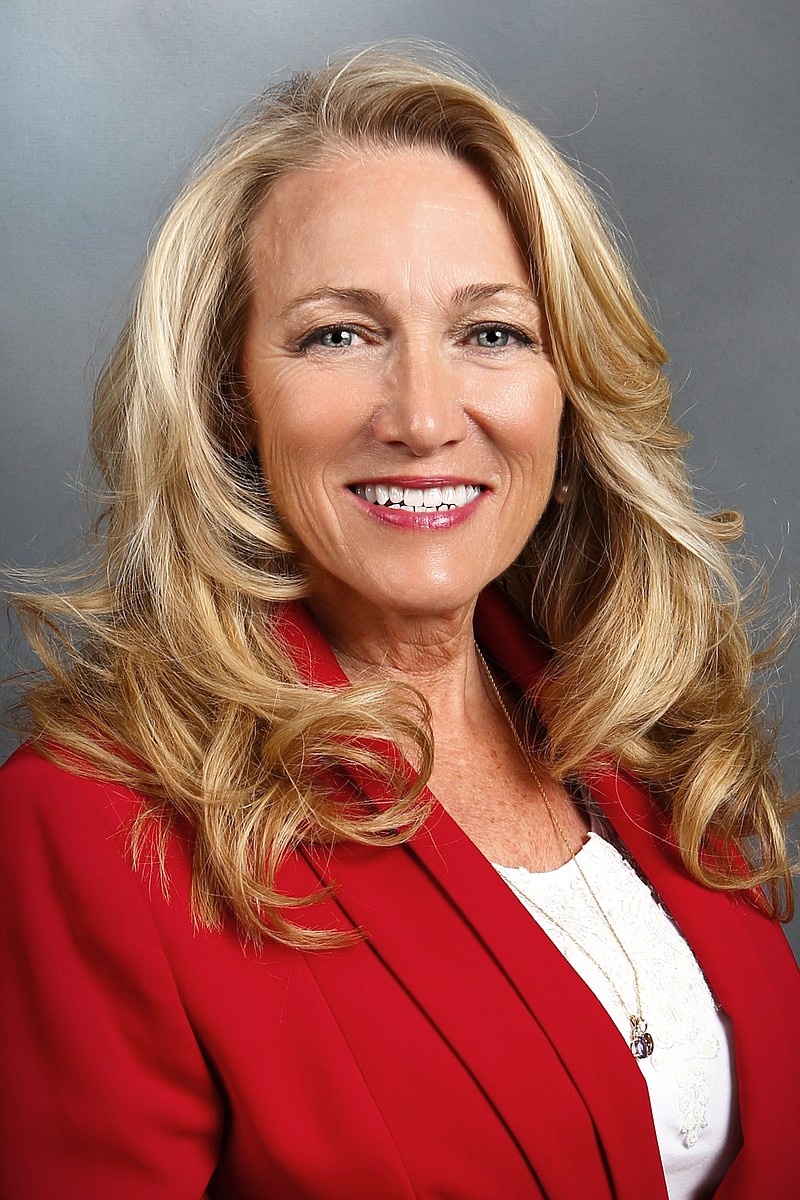A bill proposed by state Sen. Jeanie Riddle, R-Mokane, aims to provide easier access to hearing aids for people with low income.
Senate Bill 101 would establish a statewide hearing aid distribution program to provide financial aid for people who are deaf or hard of hearing and whose household income falls at or below the federal poverty level.
"In 2018, officials estimated that 600,000 Missourians were considered deaf or hard of hearing," Riddle said. "I believe this legislation has the ability to help countless Missourians who suffer from a loss of hearing to live a more comfortable life. The cost of a hearing aid should not stand in the way of an individual being able to live, work and raise a family."
To receive aid, individuals would have to be assessed by a licensed physician, audiologist or hearing instrument specialist.
"They have our full endorsement and support on the bill," said Opeoluwa Sotonwa, executive director of the Missouri Commission for the Deaf and Hard of Hearing. "We strongly believe the bill is necessary."
This new program would not take funds from the existing assistive technology trust fund or the deaf relay service and equipment distribution program, according to the bill's current language. The MCDHH will be able to accept donations, grants, bequests and other funding sources to contribute to the program.
The bill was filed Dec. 1 and has gone through two readings in Senate. Most recently, the bill was referred to the Senate's Seniors, Families and Children Committee, which conducted a hearing on it Feb. 13.
Sotonwa said the MCDHH was consulted during the bill's development.
"For many years, we'd been getting calls to our office from people who had hearing loss," he said. "They were worried about what they can do and how to function in our society without their hearing."
Hearing aids cost an average of $2,500, Sotonwa said.
"That's a lot of money for families with children who might have hearing loss," he said.
Adults who need but can't afford a hearing aid might have trouble landing a job or communicating in daily life.
"Many are veterans who've served our country," Sotonwa added. "Exposure to artillery and other loud noises reduces their hearing. The VA hospitals prioritize other disabilities such as PTSD. Hearing loss was kind of put on the back burner."
According to the MCDHH's research, some 87,000 people with some degree of hearing loss have a household income below the poverty line in Missouri.
"Of course, hearing loss is on a sliding scale," Sotonwa said. "Some people can hear to some degree, and there are some who wouldn't get benefits from hearing aids because they can't hear at all."
Currently, he estimated, about 30,000 Missouri residents could benefit from the program. Much depends on how much funding the Legislature provides to launch the program - Sotonwa said the MCDHH has asked for a one-time appropriation of $5 million.
If the program is fully funded, he hopes it will be able to cover the entire hearing aid bill for qualified applicants. It could potentially expand to help those slightly above the poverty line but still struggling to afford hearing aids, he said.
"If the bill passes as written, I believe we do have flexibility to make adjustments based on what funds we have available," Sotonwa said. "We want to first help people who are in dire need for it."
He said such programs exist in several other states, especially those that haven't chosen to expand Medicaid.
"We'll start here, with this program," he said. "We feel that it can go a long way."


